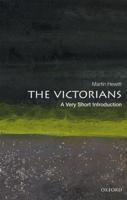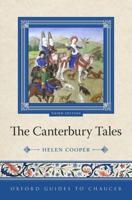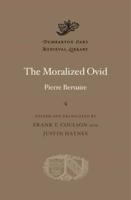Publisher's Synopsis
Mallarmé is widely regarded as one of the most original and distinctively modern writers of the late nineteenth century. At the same time, his fame is accompanied by a certain notoriety, and his works are often thought of as unnecessarily complicated. In this study Malcolm Bowie shows that difficulty is of the essence in a number of Mallarmé's major works, notably 'Prose pour des Esseintes' and Un Coup de dés jamais n'abolira le hasard. He argues that the poems are difficult because they are concerned with complex metaphysical questions and with speculative states of mind. Their closely interwoven multiple meanings, their intricate word-play and sound-patterning invite us to read inventively on many levels at once. Professor Bowie discusses difficulty as a general critical problem, analyses several major poems in detail, and calls attention to a number of techniques for the analysis of verse. He directs the reader away from the question 'What does this poem mean?' and towards the question 'How can this poem be read fully and with enjoyment?'. The book contains the complete text of the main poems discussed.











